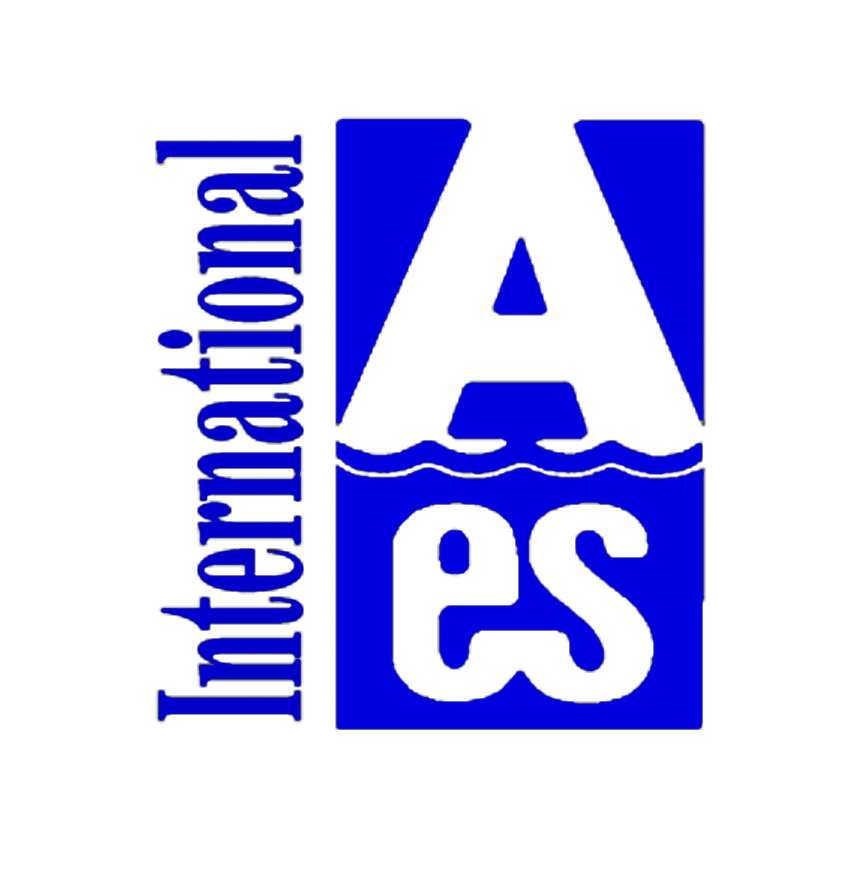The 73rd International Atlantic Economic Conference held in Istanbul, Turkey, March 28-21, 2012 brought together economists and finance experts from all around the world to discuss the economic issues of the past, present, and future. The conference featured a stellar cast of speakers, including Alberto Alesina, Ropes Professor of Political Economics at Harvard University, and Turalay Kenc, Deputy Governor of the Central Bank of the Republic of Turkey. If you attended the conference or you are curious about what you missed follow the links below to view videos taken throughout the conference and videos of the highlighted events. Special thanks to all who attended.
View Istanbul Web Program Here
2012 Robert A. Mundell Distinguished Address “The Rising Role of Emerging Markets in the World Economy: The Turkish Experience”
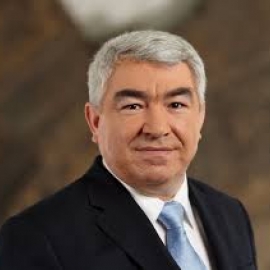
Turlay Kenc became Deputy Governor of the Central Bank of the Rupublic of Turkey in April 2011. He previously served as a member of the Board of Governors and as a member of its Monetary Policy Committee. Former academic positions have included Bradford University, University of Cambridge, Imperial College London, University of Durham, and Bikbeck College. Several previous visiting positions and projets have been with the International Monetary Fund, Inland Revenue, Central Bank of Iceland, Federal Reserve bank of St. Louis, Universidad Torcuato Di Tella (Argintina), Bilkent University (Turkey), and the University of Illinois at Urbana-Champaign.
The Deputy Governor’s research has focused on dynamic asset pricing, term structure models, taxation, and pension policy. Additional research interests include corporate finance, fixed income securities, Markov switching models in finance, and asset pricing with learning. Publications include a number of internationally recognized journals in finance and economics. He obtained his Ph.D. in Economics at the University of York in 1993.
Presidential Address “Culture and Development”
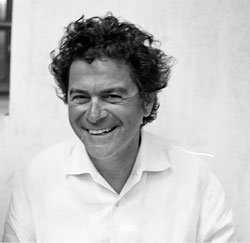
Alberto Alesina was a leader in the field of Political Economics and has published extensively in all major academic journals in economics. He has published five books and edited many more. His two most recent books are The Future of Europe: Reform or Decline, published by MIT Press, and Fighting Poverty in the US and Europe: A World of Difference, published by Oxford University Press. He was a co-editor of the Quarterly Journal of Economics for eight years and associate editor of many academic journals.
Alberto Alesina, born in Italy in 1957, was the Nathaniel Ropes Professor of Political Economy at Harvard University. He served as Chairman of the Department of Economics from 2003 – 2006. He obtained his Ph.D. from Harvard in 1986. He was also a member of the National Bureau of Economic Research and the Center for Economic Policy Research. He was a member of the Econometric Society and of the American Academy of Arts and Sciences. He was a leader in the field of Political Economics and has published extensively in all major academic journals in economics. He has published five books and edited many more. His two most recent books are The Future of Europe: Reform or Decline, published by MIT Press, and Fighting Poverty in the US and Europe: A World of Difference, published by Oxford University Press. He was a Co-editor of the Quarterly Journal of Economics for eight years and Associate Editor of many academic journals. He has published columns in many leading newspapers around the world and has visited several institutions including MIT, Tel Aviv University, University of Stockholm, The World Bank, and the IMF. His work has covered a variety of topics: political business cycles, the political economy of fiscal policy and budget deficits, the process of European integration, stabilization policies in high inflation countries, the determination of the size of countries, currency unions, the political economic determinants of redistributive policies, differences in the welfare state in the US and Europe and, more generally, differences in the economic system in the US and Europe, the effect of alternative electoral systems on economic policies, and the determination of the choice of different electoral systems.
Plenary Symposium “The Revival of an Emerging Market: The Case of Turkey
Chair: Sadullah Celik, Marmara University

Professor, Marmara University, Faculty of Economics. Research Areas: Nowcasting, Interest Rates, Econometrics, Macroeconomic Theory, Globalization
Burak Saltoglu, Bosphorus University.
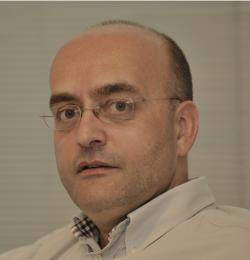
Co-Founder and CEO of Riskturk. Research Interests: Financial Econometrics, Quantitative Finance, Financial Risk Management, Analysis of High Frequency Financial Time Series and Market Microstructure Analysis, Continuous Time Econometrics and Finance, Derivative Pricing
Ege Yazgan, Bilgi University
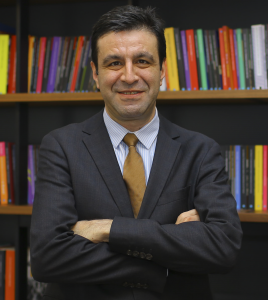
Dean, Faculty of Economics and Administrative Sciences. Research Interests: Applied Econometrics, Time Series, Monetary Policy, macroeconometrics
Kamil Yilmaz, Koc University.
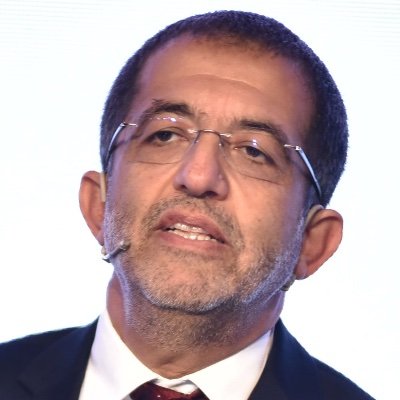
Professor Econometrics at Koc University. Research Interests: Global Economics and Macroeconomic Analysis
Ali Hakan Kara, Central Bank of the Republic of Turkey

Professor of Monetary Policy and Financial Markets Practice. Research Interests: Monetary Economics, Macroeconomics, Central Banking Theory and Policy, Turkish Economy
Plenary Symposium “The Future of the Monetary and Financial System”
Chair: Nicholas Apergis, University of Piraeus –Greece
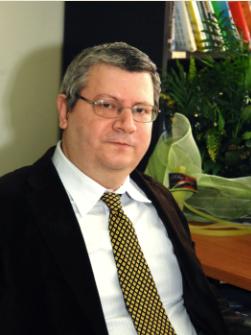
Professor, Department of Banking and Financial Management, University of Piraeus. His research interests are in Applied Macroeconomics and Financial Issues, with over 120 publications in international journals.
Ahmet Aysan, Bogazici University –Turkey
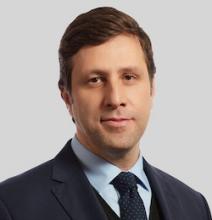
Professor at Bogazici University. Research interest are: Macroeconomics, Monetary Policy, International Finance, Political Economy in Macroeconomics, Banking and Finance, Credit Cards, Islamic Finance, Econometrics, Open Economy Macroeconomics, Governance, Growth and Development
Sinan Sonmez, Atlim University –Turkey

Professor at Atlim University. Research Interests are: Global Political Economy, Public Economics/Finance, Public Choice, Fiscal Policy.
Plenary Symposium ” Lectures on the Influence of Alberto Alesina’s Contributions in Economics Literature”
Chair: Gordon Brady, Joint Economic Committee, U.S. Senate –U.S.A.
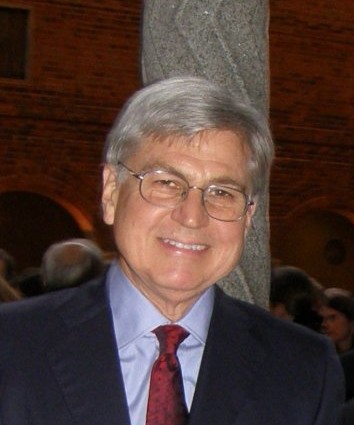
Gordon Brady is currently Visiting Professor, High Point University and Senior Research Fellow, Florida Southern College. At the time of the conference he was Senior Economist, U.S. Congress, Joint Economic Committee, U.S. Senate and Senior Advisor, Environmental Economics, Department of State. He has over 80 publications and co-authored several books, Government Failure: A Primer on Public Choice; On the Trail of Homo Economicus; Essays by Gordon Tullock; and Formal Contributions to the Theory of Public Choice: The Unpublished Works of Duncan Black.
Andrew Hughes Hallett, Center for Emerging Market Policy–U.S.A.
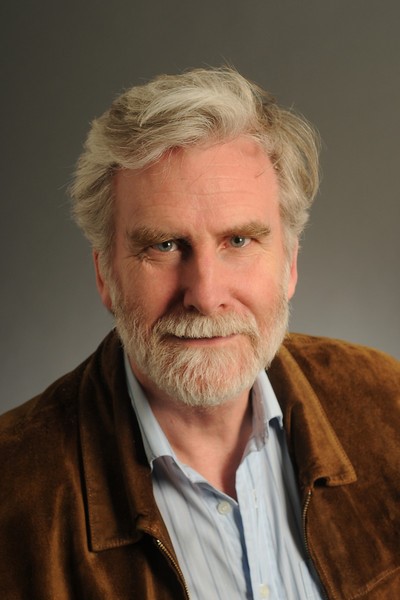
Andrew Hughes Hallett, Schar School University Professor Emeritus of Public Policy and Economics, passed away December 31, 2019, after a seven-year battle with cancer. He was 72.
In addition to a distinguished academic career, Professor Hughes Hallett was a key member of the Scottish independence movement, serving on the Council of Economic Advisers to the government of Scotland and as a commissioner on the Scottish Fiscal Commission. More recently, he sat on the Scottish Growth Commission for the Scottish government, and was an expert advisor to the Kalman Commission of the UK government on economic governance.
Carlo Andrea Bollino, University of Perugia–Italy
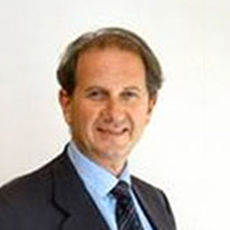
Carlo Andrea is a visiting researcher at KAPSARC, a professor of economics at the University of Perugia, and a professor of energy economics at the University Luiss, Rome. He has been the president of the Italian Association for Energy Economics since 2014 and was the president of the International Association for Energy Economics in 2008. His other roles have included energy advisor to Italy’s minister of industry, president of the Italian Electric Transmission Network, chief economist at Eni, economist at the Bank of Italy, research associate at United Nations’ Project LINK, and lecturer and professor of economics at the universities of Pennsylvania (United States), Campobasso, Sassari and Urbino (Italy).
Steve Kates, Royal Melbourne Institute of Technology–Australia
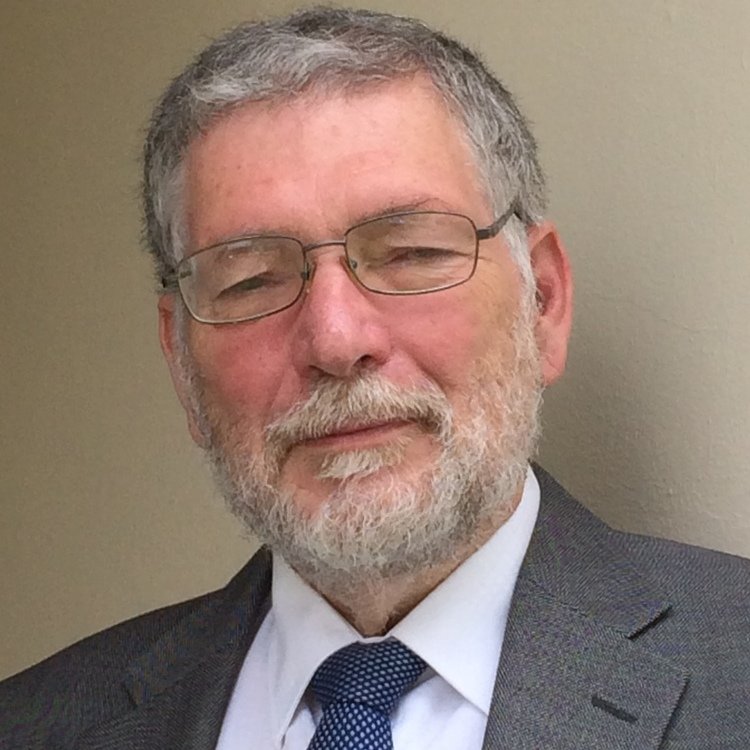
Steve Kates was the Chief Economist for the Australian Chamber of Commerce for 24 years and a Commissioner on the Productivity Commission. He is now an honorary adjunct associate professor in the College of Business at RMIT University in Melbourne. He has written the first post-GFC textbook in economics, Free Market Economics: an Introduction for the General Reader – now in its third edition – which explains amongst other things why the stimulus packages that followed the global financial crisis created many economic problems and solved none. His next book, Classical Economic Theory and the Modern Economy, provides a detailed and historical explanation of how the Keynesian Revolution completely distorted our ability to understand the operation of a market economy and undermined our ability to provide sound policy during economic upheavals.
Angelo Santagostino, Universita degli Studi di Brescia–Italy
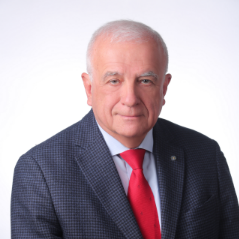
Angelo Santagostino was the Jean Monnet Professor of European Economic Integration, Faculty of Economics at Brescia University, Italy from 1997-2013. He has been a member of the Mont Pelerin Society since 2012, Member of Rotary International, Brescia Ovest Club since 2001, and member of Ordine Nazionale dei Giornalisti since 1978. His main research fields are Economic integration with particular reference to EU, Turkey and Latin America and Liberal Thought. He also studies relations between Europe and the Islamic World.
